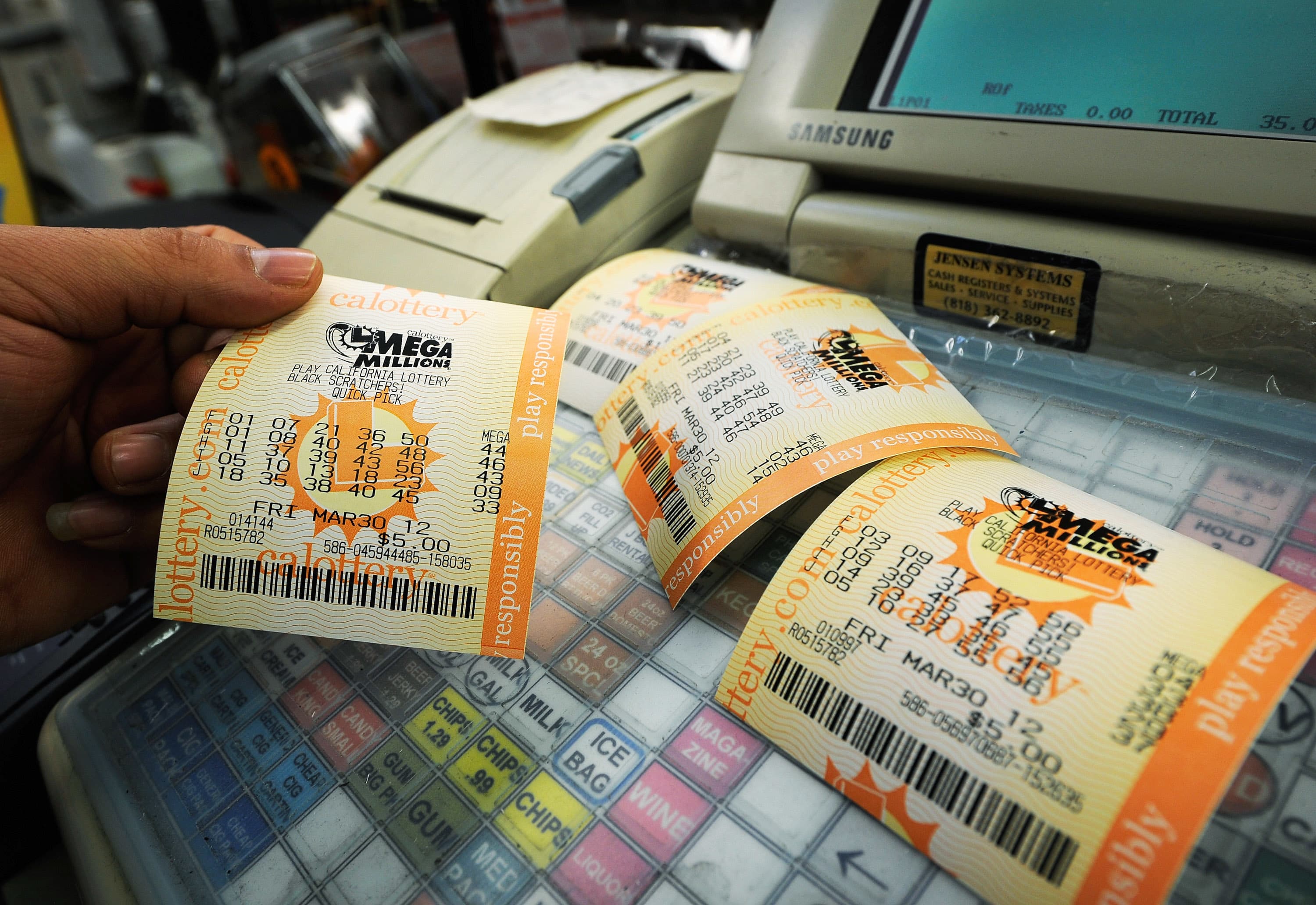Someone hit $530 million Mega Millions jackpot. Here's how lottery winners can protect their privacy - 3 minutes read

A Mega Millions player in California has turned a $2 ticket into $530 million.
In the game's Friday night drawing, a single ticket sold in San Diego matched all six winning numbers. And while California isn't a bad place to win — the state does not tax lottery wins — the lucky person (or group of people) won't be able to remain anonymous.
California law requires the name of lottery winners to be made public. Yet experts say that protecting your privacy is one of the most important ways to protect your windfall from scammers and long-lost friends or relatives seeking a handout.
Getty Images
The reduced cash option — which most lottery winners go with — for this jackpot is $345.2 million. Even after the 24% federal tax withholding of $82.8 million, the winner will have about $262.4 million (although additional federal taxes will be due at tax time).
The good news for this winner is that California provides a full year to claim the prize, which means there's plenty of time to plan a claiming strategy. Experts recommend assembling a team of professionals experienced with handling lottery wins and large windfalls — an attorney, an accountant and a financial advisor — to help determine when and how to claim your winnings.
Here are tips for big lottery winners to try maintaining a sense of privacy.
Contain yourself
Your first urge might be to share your exciting news with, well, the world. However, the fewer people who know, the better. This is the case whether you can claim anonymously or not.
"Obviously it may be impossible to keep this from immediate family, but news like this travels quickly," said Jason Kurland, a partner at Rivkin Radler, a law firm in Uniondale, New York. "Try to keep the circle of people who know as small as possible."
Get off the Internet
If you won't be able to remain anonymous when you collect your winnings, shut down your social media accounts in advance, said Kurland, who specializes in helping lottery winners.
"The media will try to find as many pictures of a winner as possible, and social media is the first place to look," Kurland said. "You also want to make sure there's as little personal information out there like your phone number or address."
While any determined snooper or scammer could probably track that information down, you don't want to make it easy for them. If you have a landline phone, make sure it's unlisted before you head to lottery headquarters.
Plan an escape
Consider spending effects
Even in states that let you collect your winnings anonymously, lottery officials might be legally permitted to reveal the town where you live.
"Everyone there will be looking around to see who is spending more, who quit their job, who is taking big vacations," Kurland said. "Winners should enjoy their new-found wealth, but if anonymity is a main concern, it can be a difficult balance to strike."
Subscribe to CNBC on YouTube.